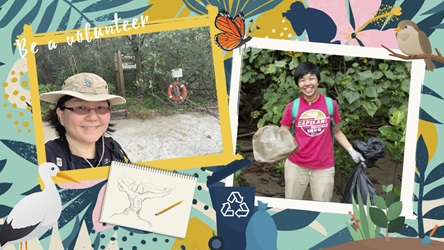In The Spotlight: How To Use Drama At Work And For Learning
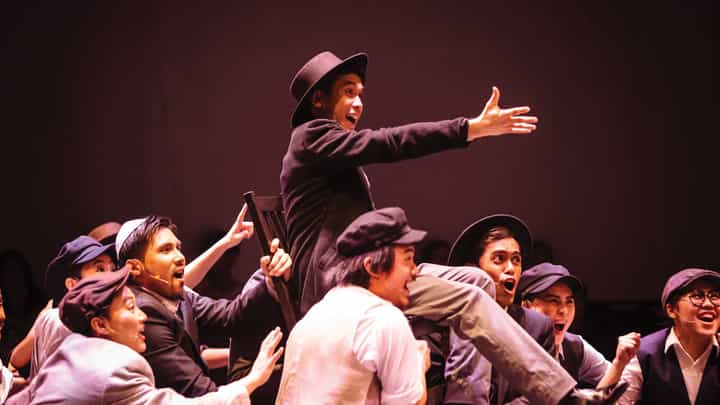
Drama for learning
Teachers have been incorporating drama into learning, not just in arts and language classes, but also in subjects such as science and history. In a moral education class, for example, role-playing can be adapted for students to learn about empathy.
Among the older crowd, drama has been used for citizen engagement. Forum theatre is an interactive style of theatre practised in Singapore by groups such as Drama Box. Members of the audience are invited onto the stage, where they can change the direction of the skit or redirect a character’s actions.
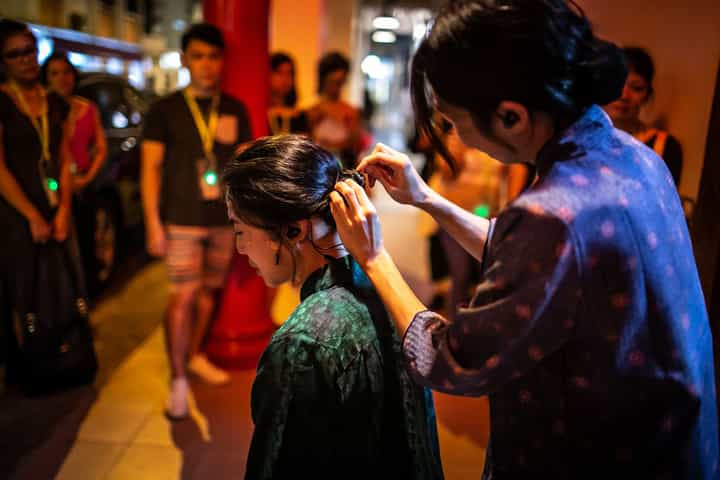
Both adults and children can also engage with Singapore’s history by re-enacting events from different points of view. For BalikSG: Reflections of Singapore, an augmented reality app by the National Heritage Board and National Parks Board, actors become Indian financiers, Malay pondok (hut) chiefs and Chinese merchants, to tell their stories of early Singapore.
The Asian Civilisations Museum and Singapore Art Museum have also used actors to bring out the stories of featured exhibitions and their building sites in novel ways.
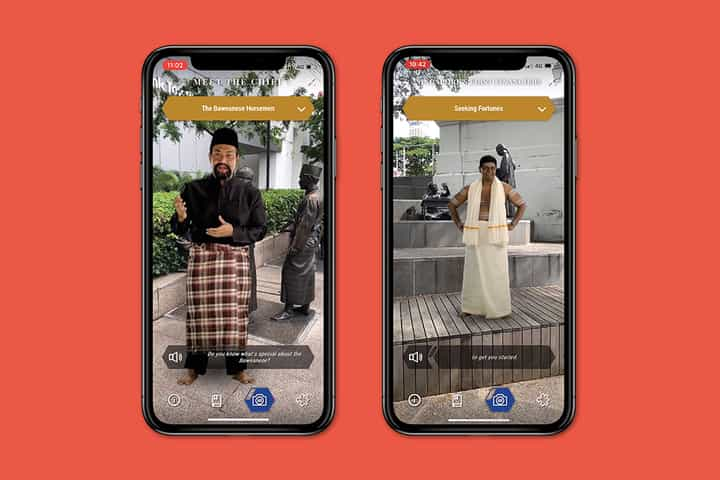
For physical movement, Pink Gajah Theatre runs programmes with a physical theatre slant. Students focus not only on learning the text, but also how to move their bodies, learn through physical activity and be better engaged with the material.
Drama for work
Want to be more spontaneous and better at thinking on your feet? Improvisation, or “improv”, might be for you. The drama technique has taken off in recent years, as many companies now use improv comedy techniques to promote creativity, confidence and collaboration among colleagues.
In Singapore, theatre group The Improv Company runs workshops on generating ideas, design thinking and resolving conflicts – all great ingredients for innovation in the workplace.
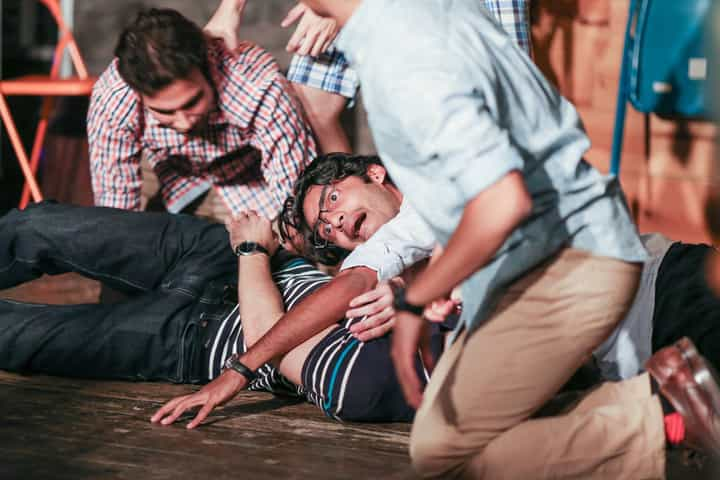
Drama-based training can also be used to tackle bad habits that pop up in the workplace and boost staff morale. It has roots in forum theatre, using role-play to craft positive outcomes from negative situations.
Be it through humour (improvisation) or problem-solving (forum theatre), the benefits of drama can lead to more open collaboration, empathetic co-workers and stronger bonds.
Where to learn the ropes
Arts and drama education is more accessible now, with many SkillsFuture-eligible courses available.
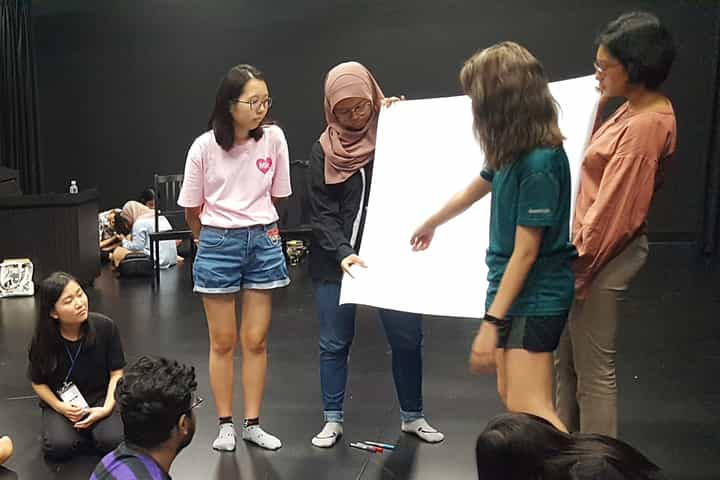
Applied Drama & Psychology
Want to apply drama to other fields? Singapore Polytechnic has a course for those working in education or social service, integrating both drama and psychology for the purpose of education, social intervention and change.
Short-term acting courses at LASALLE
Develop your voice, body and imagination as a performer through practical exercises covering acting techniques, collaborative performance skills, and responding to scripts. Eight classes, every Tuesday and Thursday evening in March and April or June and July.
What to watch
From outdoor public performances to talks and lectures, good programming keeps the arts open to audiences of all backgrounds. Here is a range of free and ticketed events to catch.
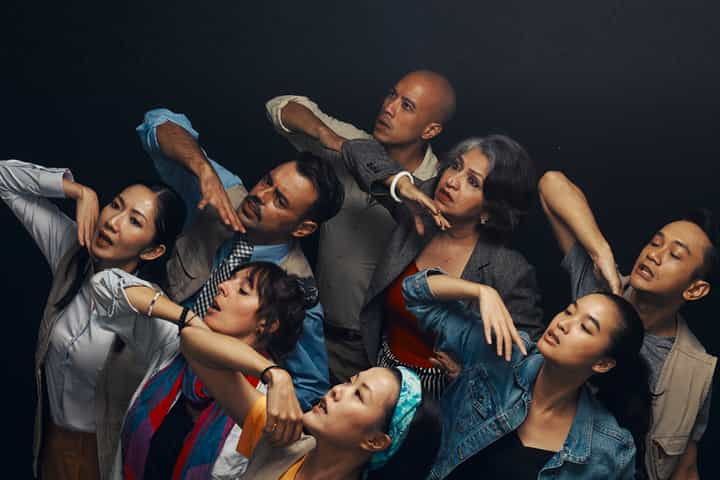
Singapore International Festival of Arts (SIFA)
Where: Various venues including the Victoria Theatre
When: May 16 to June 2
What: An anticipated highlight is a new play by acclaimed playwright Huzir Sulaiman from Checkpoint Theatre. Displaced Persons’ Welcome Dinner is about humanitarian workers caught in the crosshairs of a crisis. A full line-up, including free events, can be found on the SIFA website.
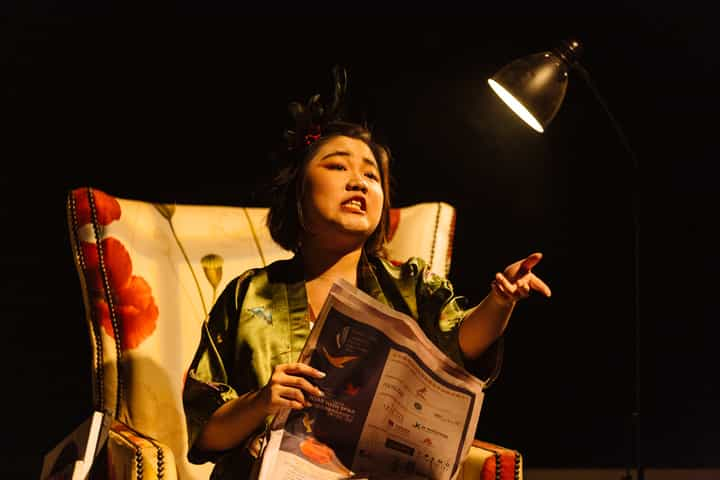
LASALLE public performances
Where: LASALLE School of Dance and Theatre, 1 McNally St
What: LASALLE has year-round performances that are open to the public, with free admission. The LASALLE Show is an annual showcase of its graduating students’ creative accomplishments. In April, watch graduating students from the Acting, Musical Theatre and Performance programmes in productions as varied as Tony-award winning musical rock opera Aida, and Taman Ritus, a “garden of ritual”, to mark the transition from apprentice to performer.
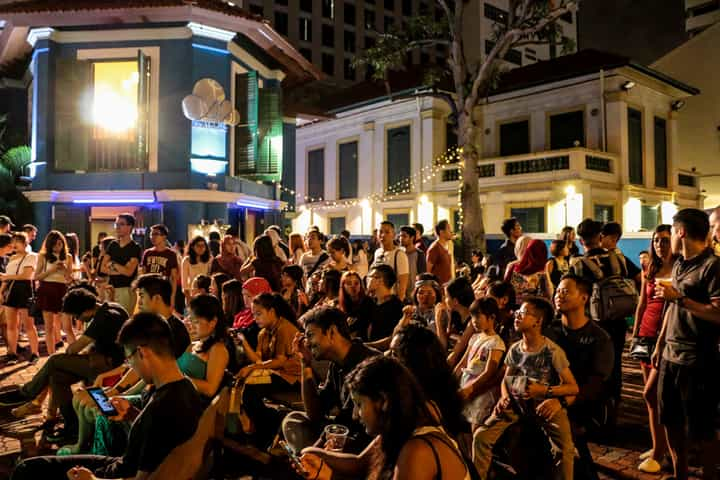
Late-Night Texting festival
Where: Centre 42, the Writers’ Centre, 42 Waterloo Street
When: August 23-24
What: The annual carnival night by Centre 42 first began in 2016 and celebrates all things literary, with pop-up bookshops, poetry readings and short plays by up-and-coming theatre collectives, all open for free to the public.
Upcoming show
From March 8 to 10, Centre 42 co-presents with Malaysia’s Five Arts Centre an original performance titled Are You Game, Sau(dara)?. It comprises two works: an interactive game where the audience is invited to role-play with the actors, and an exploration of what it means to grow up as Malay women in Singapore. $15, from Peatix
- POSTED ON
Mar 5, 2019
- TEXT BY
Christopher Fok
- PHOTOS BY
LASALLE, Singapore International Festival of the Arts, Centre 42, Zinkie Aw / Drama Box, Singapore Polytechnic, National Heritage Board









